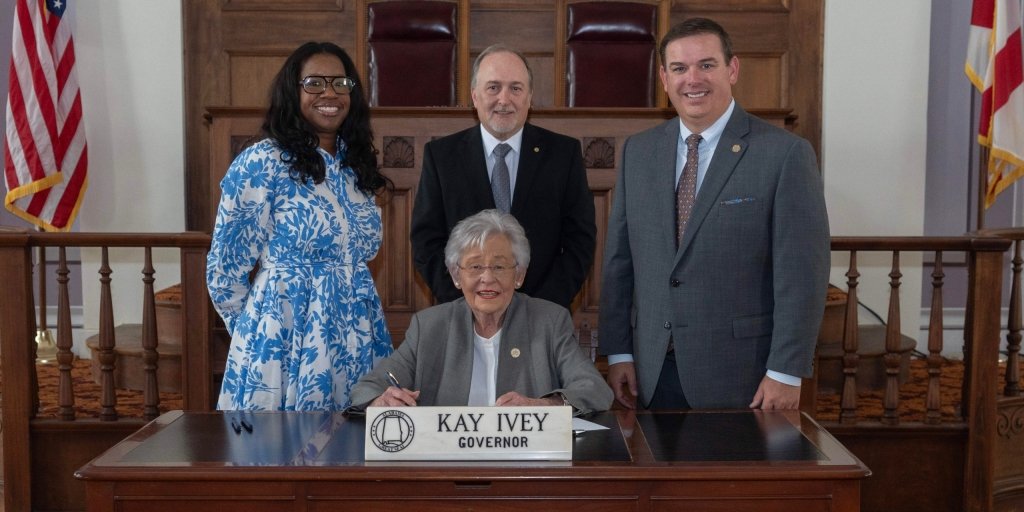
Many of us recall how important it was for teachers and administrators to emphasize graduating high school and obtaining a diploma. Nowadays, people often think everyone has one, but the truth is, some students are still missing out. The decision to drop out is often a critical turning point, leading to significant challenges down the road. Leaving high school can increase risks of poverty, criminal behavior, and overall instability in life.
It’s important to understand that dropping out shouldn’t be seen as the end of the road. Sure, earning a diploma is a crucial step toward success. But sometimes decisions are made in haste, and we need to create alternative paths for those young people who’ve faced hurdles beyond their control.
There are two primary reasons Alabama seeks to support students who drop out, offering them a chance to complete their education and kickstart their careers. First, it’s simply the right thing to do. Many of these students feel a sense of hopelessness, believing they have limited choices. Since every student’s situation is unique, our educational approach should consider their individual circumstances. Encouraging as many pathways as possible is essential for helping young individuals chase their dreams.
Secondly, we are actively collaborating with business leaders to improve workforce participation in the state through various development initiatives. By providing these young people with options, we increase our chances of integrating them as productive members of society. It’s crucial for Alabama not to let young, capable individuals drift away from the workforce.
That’s why I championed the High School Recovery Act (Reach), which has now passed the Alabama Legislature and been signed into law. We’ve partnered with the Alabama Community College System (ACCS) to create a solution offering these students a second chance. The Reach Act aims to enhance non-traditional high school diploma programs for those who have left school without meeting graduation requirements.
This Act lowers the eligibility age for the program to between 18 and 19. It also mandates that the state Department of Education notifies ACCS about students who have dropped out, ensuring they don’t fall through the cracks. Furthermore, during exit interviews, students must be informed about non-traditional high school diplomas and adult education programs.
These non-traditional diplomas meet the same standards as regular diplomas, and it’s vital that students qualify for second or fourth year public universities in Alabama.
“No one should be held back by unfortunate circumstances or decisions made in their teenage years. One of the great things about Alabama’s community colleges is the support we offer to students,” stated Jimmy Baker, our Governor.
Baker added, “In 2024, more than 300 students earned high school diplomas through the HSDO program, and these graduates are set to enter the Alabama workforce, earning higher wages than those with a GED.
Enacting the Reach Act involves more than merely updating policy. It’s about genuinely offering a second chance. Dropping out doesn’t have to signal an end for young people. It’s in everyone’s interest to provide them with alternative routes to becoming active contributors to society. With the Reach Act now a law, Alabama is taking significant strides. We’re showing that we haven’t lost hope for students who left school early; we’re giving them a reason to return.







